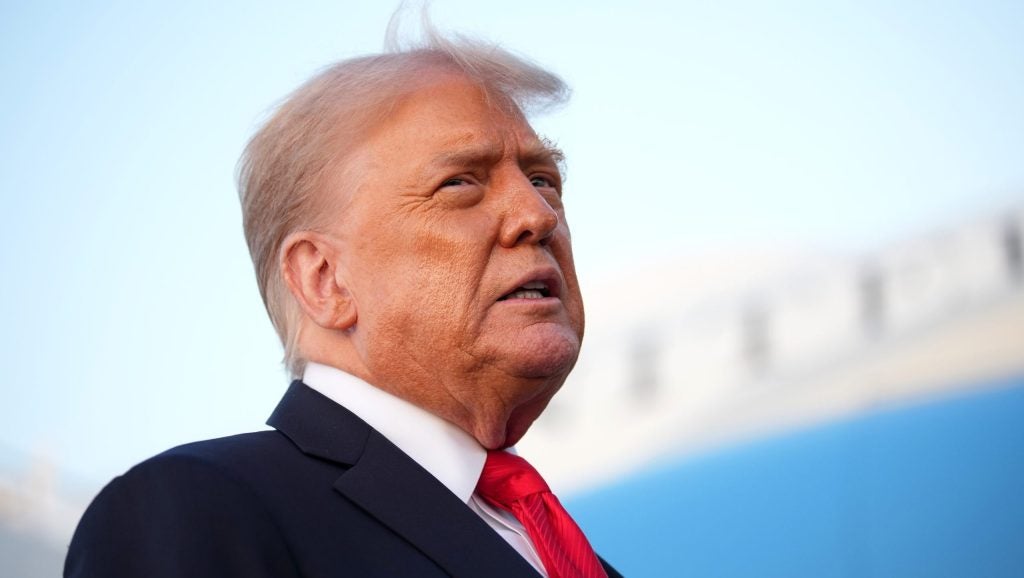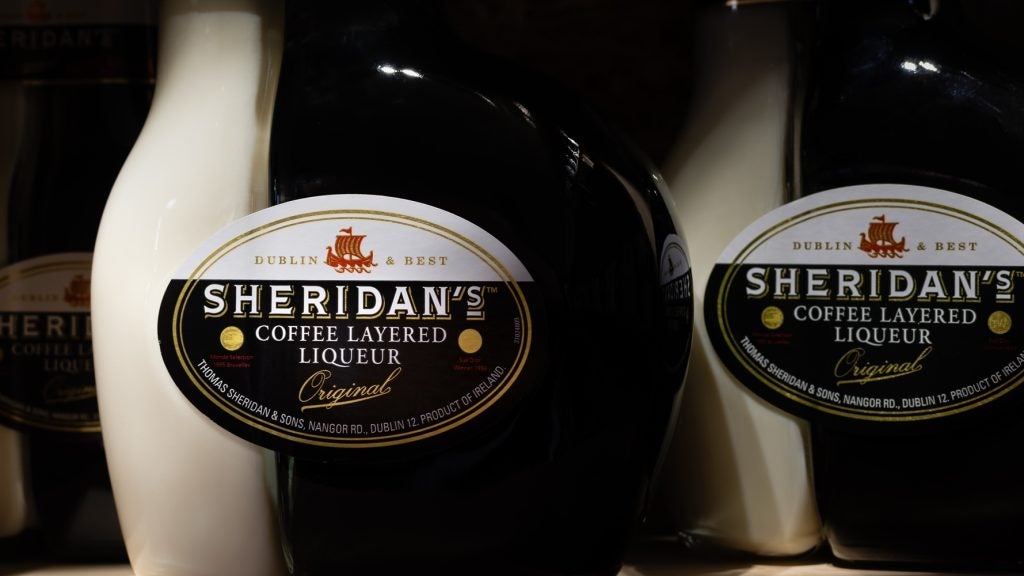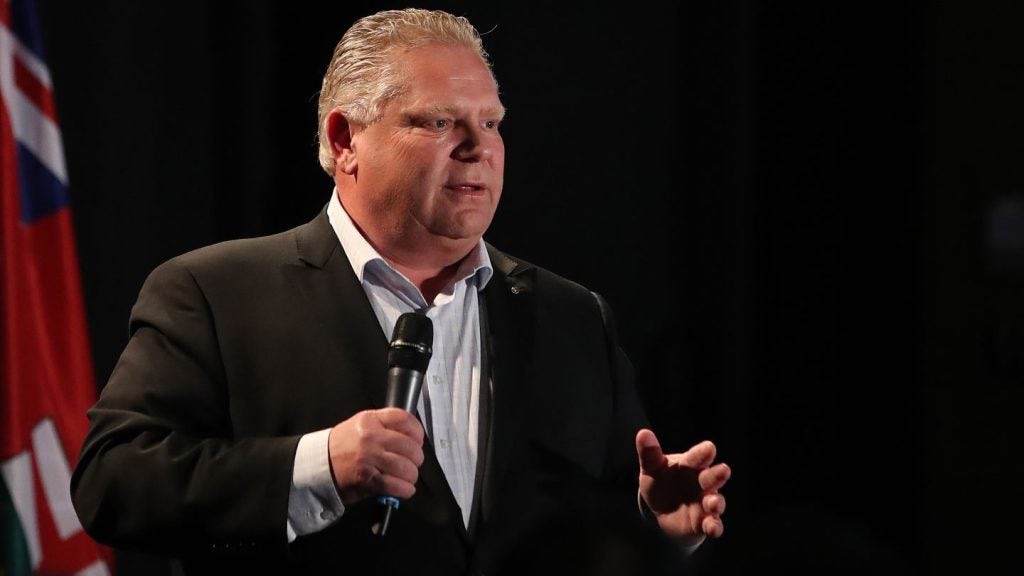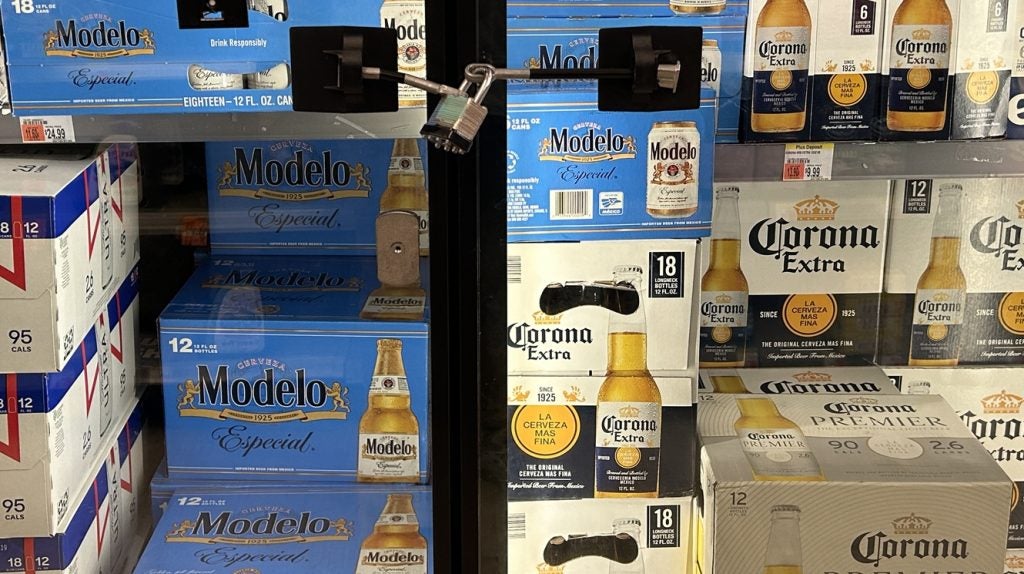Donald Trump has enacted an executive order that includes exemptions for imports including cocoa and coffee from existing US tariffs.
Effective from yesterday (8 September), the order changes the tariffs for “aligned partners” that have established trade agreements with the US and recognises that certain goods cannot be sufficiently produced or sourced domestically, the White House said.
The order designates specific categories for zero-tariff treatment, focusing on items that “cannot be grown, mined, or naturally produced” in the US or are unavailable in adequate quantities to satisfy domestic demand.
Included in the US tariff exemptions are a variety of fruits including bananas, avocados, mangoes, papayas and kiwis.
Other examples of exempted food and drinks are coffee products, tea (including green and black) and spices such as cinnamon, cardamom, turmeric, cloves, nutmeg and pepper.
According to the executive order, exemptions will be contingent on factors such as “the scope and economic value” of a trading partner’s commitments to the US under reciprocal trade agreements and the "national interests" of the country.
US trade association Consumer Brands Association (CBA) welcomed the new order, underlined the move "addresses the scarcity of certain natural resources".
“As the largest domestic manufacturing sector by workforce, the consumer packaged goods industry proudly sources 90% of ingredients and inputs from American farmers and suppliers, but certain ingredients and agricultural commodities are simply unavailable domestically due to climate conditions, geography and other factors,” it said.
“The onus is now on other countries to remove tariff and non-tariff barriers to trade, working toward deals that reduce US trade deficits while still enabling access to irreplaceable products around the world.”
The CBA also called on the Trump administration to regularly update its list of unavailable natural resources and inputs, such as tin mill steel, that are not produced in sufficient domestic quantities.
In March, the US trade body had requested the “targeted and carefully calibrated removal” of a selection of ingredients and inputs from US tariff measures.
Melissa Hockstad, the association’s president and CEO, had then highlighted a “lack of domestic supply” of products including coffee, oats, spices, tropical fruits and tin mill steel.
CBA counts US food companies including PepsiCo, General Mills and Mondelēz International among its members.
Last week, soup giant The Campbell's Company warned investors tariffs are going to be a headwind for the business as it predicted a decline in base earnings for the new fiscal year.
CEO Mick Beekhuizen said Campbell’s had no choice but to source steel and aluminium from overseas, inputs he described as “food grade tinplate” for its canned products.
















